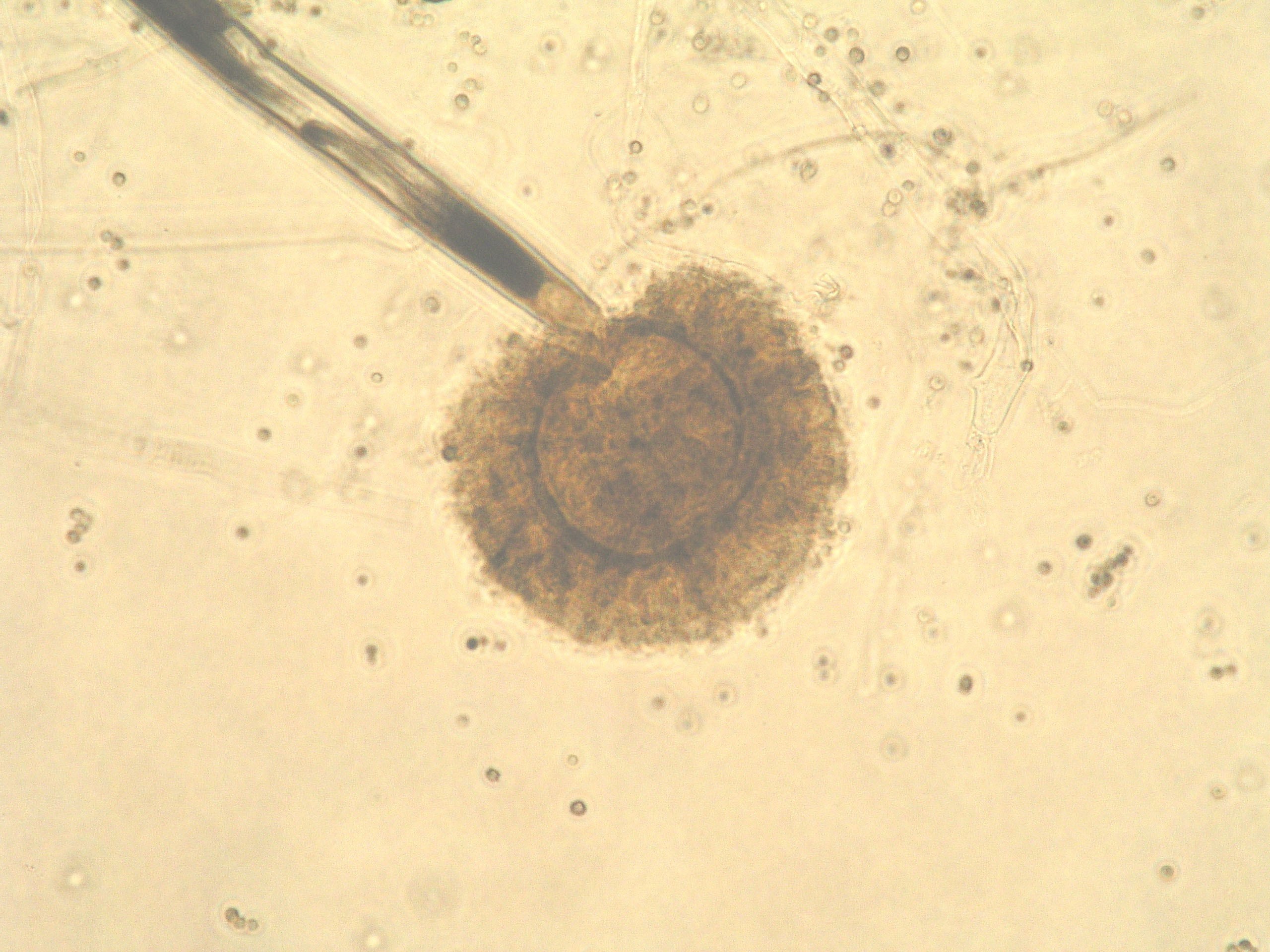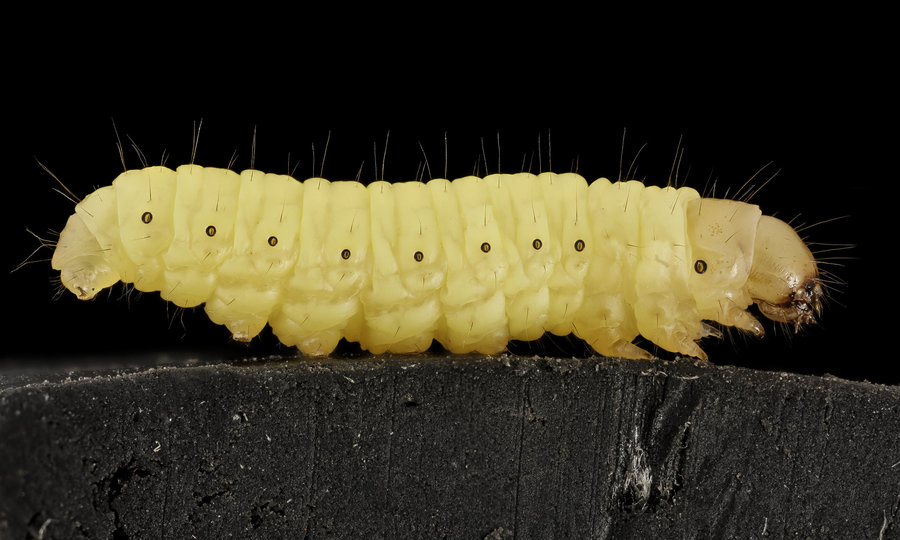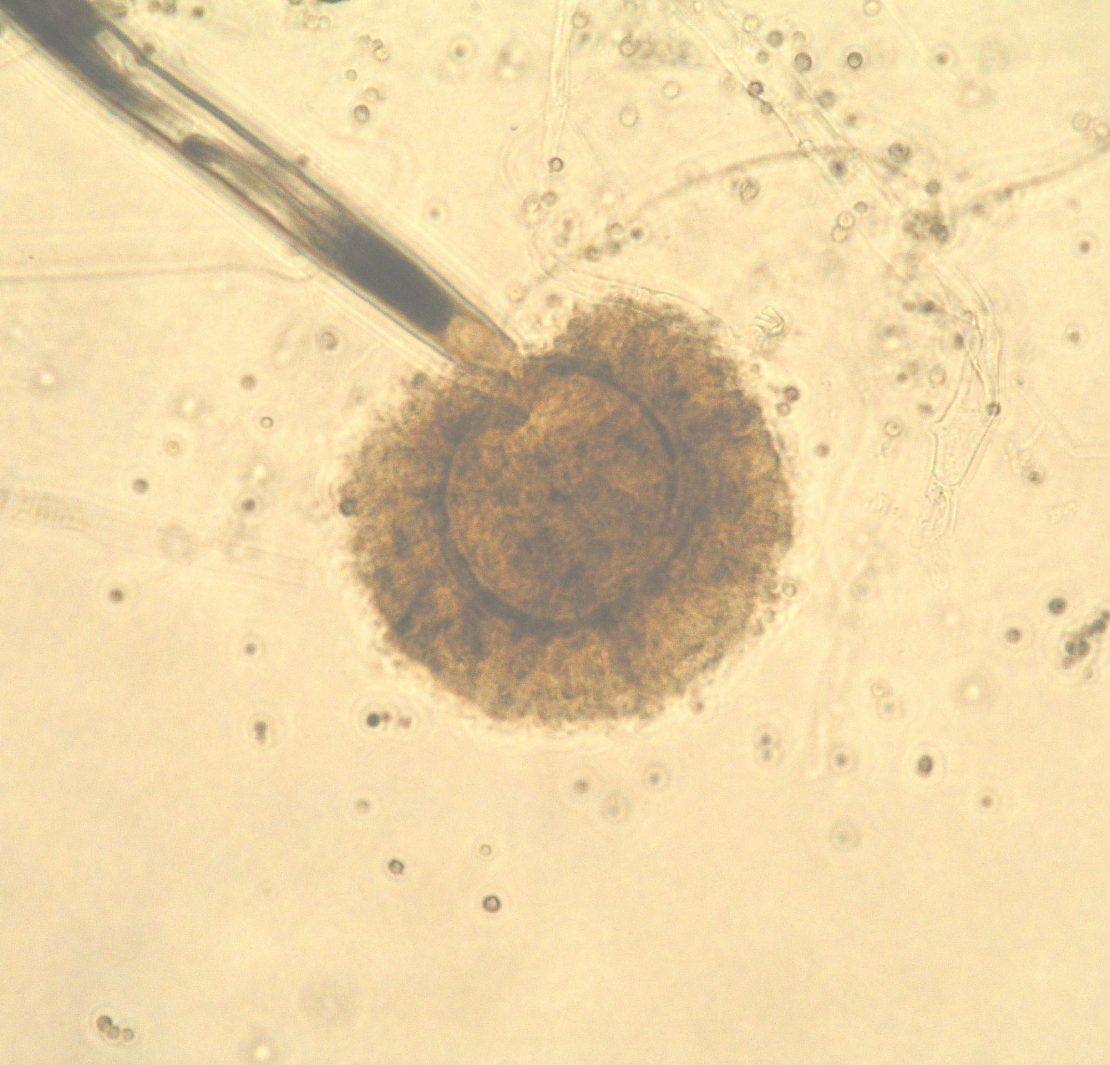Plastic, plastic, plastic. Who would have known that this seemingly harmless, everyday item can one day suffocate the planet? It ends up in the most inconvenient places (think oceans, beaches, and your stomach) and serves as one of the many unsustainable factors contributing to global warming. But before you lose all hope, there’s a new discovery that can lend a huge helping hand to Earth’s growing plastic crisis.
A team of researchers from Pakistan found a strain of fungus called Aspergillus tubingensis that eats a type of plastic found in car materials and artificial leather. The fungus is normally found in soil but when a sample was taken to research labs, it turns out that it can grow on plastic, too. It’s also estimated that it can break down plastic within weeks, much faster than the hundred years it would normally take for plastic to break down.


Aside from the fungus, wax worms are also deemed “extremely exciting” for the plastic pollution crisis. What’s interesting is that the worm’s capability was discovered by accident. When biologist and amateur beekeeper Federica Bertocchini was cleaning out her hives, she temporarily placed the worms in a plastic bag only to find it riddled with holes a few minutes later. They studied the worms to make sure that it’s not just their chewing mechanism that breaks down polyethylene but the enzyme contained in their saliva as well.
A short disclaimer: The plastic-eating critter and fungus are only serving as damage control and not as ‘cures.’ At the end of the day, it all comes down to cutting back on plastic production and resorting to more sustainable alternatives. Nonetheless, we’re grateful for these tiny heroes.
Photos courtesy of Bioimágenes and NPR
Writer: BEA LLAGAS




